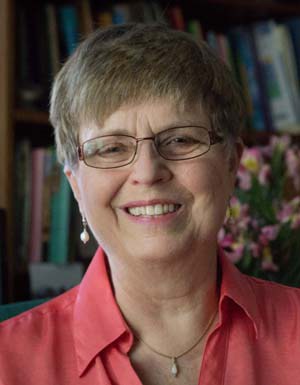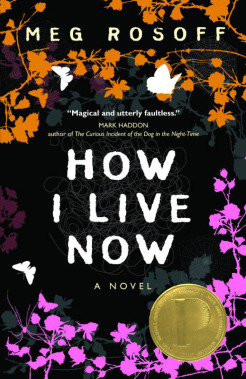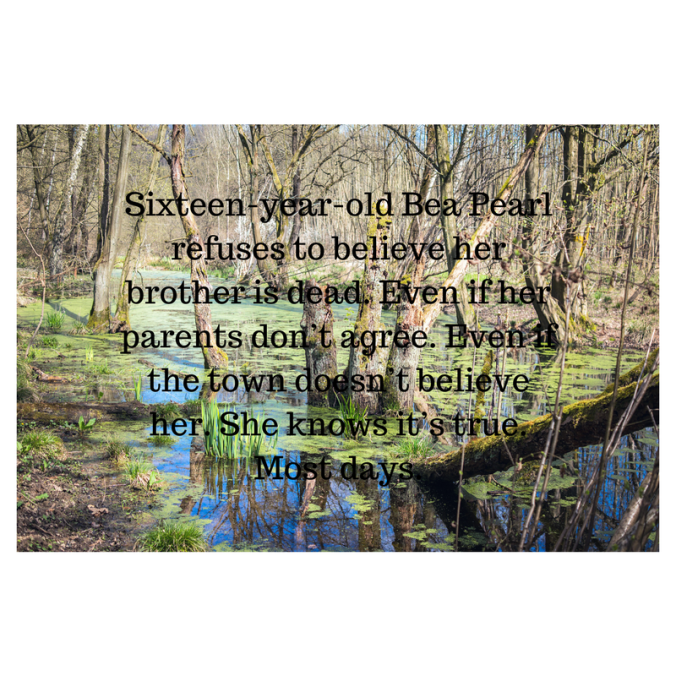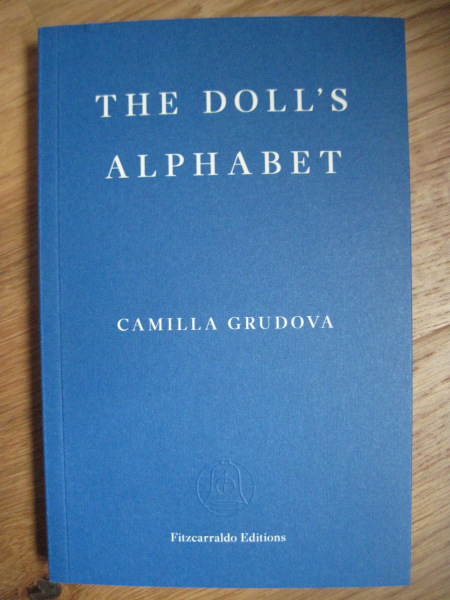 It's my great delight to talk once again with Marion Dane Bauer. Marion is a beloved writer and teacher. Her blog is a source of inspiration for many. She's a founding mother of the mother of all MFA programs in writing for children and young adults, a Newbery Honor author and a woman of humor and heart. I got to talk to her about a new mentoring program she's launching.
It's my great delight to talk once again with Marion Dane Bauer. Marion is a beloved writer and teacher. Her blog is a source of inspiration for many. She's a founding mother of the mother of all MFA programs in writing for children and young adults, a Newbery Honor author and a woman of humor and heart. I got to talk to her about a new mentoring program she's launching.
[Uma] You’re offering something new just for women writers, Marion. You describe it as “occasional brief—Monday through Friday—one-on-one writing retreats for women in my St. Paul, Minnesota home.” It’s nothing less than the gift of your time, mind, and presence. I remember being at a writing retreat years ago and freezing up in the first few days, experiencing an unexpected terror at the solitude and the work ahead. But the presence of a mentor dedicated to me and my project, dedicated to meeting me where I am…it’s astonishing. Just the thought of such an experience makes me focus and take my own work more seriously.
So can you tell me what led you to this?
[Marion] It’s been a winding journey, and the destination turned out to be both inevitable and surprising, as the ending of any good story should be. I have taught writing all my writing life, and I love teaching. Having the opportunity to be one of the founding faculty and then the first Faculty Chair for the Vermont College of Fine Arts MFA in Writing for Children and Young Adults was, for me, the pinnacle of a long teaching career. I loved the college. I loved the faculty. I loved my students. I loved Vermont. And of course, I loved teaching! But the day came when it was all a bit too much . . . too many students to keep track of, too much travel, too much of a struggle to hear in group conversations, too much time away from home and away from my own work. So I retired with both regret and relief and settled into simply being a writer, which I’ve always held first anyway. I told myself I didn’t miss teaching. When people approached me, asking me to critique a manuscript, I turned them away.
But one day something curious happened. A friend came to visit bringing a couple of picture book manuscripts she was working on. She settled into my guest room, and we spent the next few days alternating between work and critique and occasional breaks for play. And I found myself filling my lungs with what I can only call “writer air.” It was like getting an extra dose of oxygen.
A few days after she left, another friend, a former student, came to town. We met for breakfast and she told me about her struggle to get a new novel under control. It seemed the most natural thing in the world to say, “Come home with me. I have a room waiting for you.” And she did. We spent several days talking through and straightening her too-complex story line.
It was during one of those conversations that I found myself thinking, This is fun! And then, I’d like to do this more often! And the idea of mentoring writers in my home sprang to life.
[Uma] As you begin working with writers in this new and very intentional way, what are you finding out? About the process? About yourself?
[Marion] First, I’ve found out some things I already knew. That I love teaching, that I do my best teaching one on one, and that my ability to pull a clear trajectory out of a story can get a mired manuscript moving again.
Second, in the intensity of this one-on-one exchange I have come to be especially aware how important it is never to intrude on another writer’s work. I’m learning that I am most effective when I listen hardest and hear most clearly what the writer intends.
And third, I’ve discovered what a deep pleasure it is to have so much of my career behind me. I’m still writing, of course, but I no longer have anything to prove, even to myself. Being in that place opens me to real rejoicing over the success that comes to others and that rejoicing gives me energy to help propel those others forward.
[Uma] Can the intention itself be a changeable thing? Can the work sometimes take its own direction and outgrow the writer's original vision for it? Often we need to shed both ego and intention to follow the story's path rather than our own. How does the mentoring context foster honest engagement with a work in progress?
[Marion] My experience is that our stories, if they come from our deepest, most hidden places as our best stories do, speak a truth we are struggling to apprehend. Sometimes we can get in our own way, in the way of our stories, as we work because we are trying to impose a truth rather than discover it. A discerning reader, standing outside the story, can often see more clearly than the writer herself the truth she is reaching for. And that is the moment when working with a mentor becomes gold.
A good editor can be that mentor, of course, but these days for most writers a manuscript has to be almost perfectly executed before that editor will come on board. And so it can help enormously to have access to a source of objective and committed insight before a manuscript ever seeks an editor.
[Uma] No one knows better than you how teaching and writing can be mutually strengthening, and also how one can get in the way of the other. How do you see the mentoring retreats fitting in with your own writing life?
[Marion] I make it clear to my retreatants that I will be available but still going on with my own life and my own work while they are here, and I do just that. I also limit the number of retreatants I invite into my home.
But beyond that it’s all gain for me. Clarifying someone else’s story brings new clarity to my own, and simply talking, day after intensive day, in writer-speak—plot, point of view, voice, motivation—renews both the clarity and the energy I bring to my own pages. When I live in isolation from other writers, my work begins to lose its legitimacy in my own eyes. It doesn’t matter how many books I have published, some of the sense that what I’m doing matters slips away. Talking to another writer, I find the significance of my own work again. It’s that easy.
That I can do all this without leaving my home couldn’t be more perfect. Gathering someone into my nest, nurturing her, building a new friendship or renewing an old one, all while helping a fellow writer’s work grow . . . what better way could I spend the golden years of my career?
[Uma] And what better way to share the love than in this beautiful space? Look what you get for the week: rides to and from the airport, gourmet meals, pampering, company and solitude in the proportions that work for you–all this and manuscript whispering, the Marion way! Lucky writers.

Share this:





